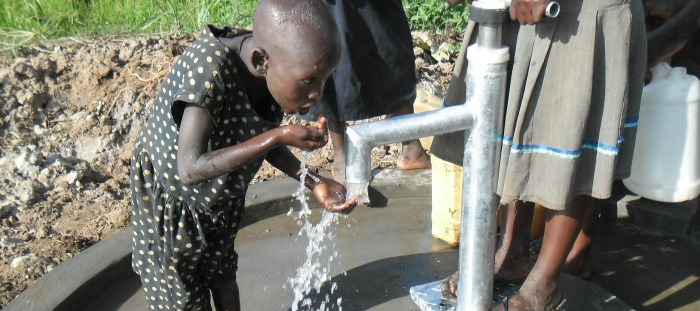
Access to Water and Its Impact on the Economy
Water is essential to human life, and when economies and societies neglect the importance of water within their economies they are at risk of economic collapse or putting up barriers to economic growth.
The costs of ignoring water issues, or refusing to invest in stable and good water infrastructure, are huge; jobs in the agricultural sector are at risk if they face water shortages – preventing their work from being completed and reducing yields. This will have greater impacts such as food shortage and increases in commodity prices. Emerging countries who face water shortages and the unfortunately detrimental side effects, can face constricted trade and therefore slowdown their economic growth. As well as trade and industry being affected by poor water access there is massive impacts on public health due to poor sanitation and water access. If a population suffers with the connoted diseases and restrictions of water insecurity there is a likelihood of longer term economic impacts. If steps are taken there is the potential to: save lives, increase the workforce productivity by eradicating risks of waterborne diseases, greater education levels and huge savings in healthcare, all of which without intervention could cause massive economic detriment.
The OECD suggest that in order to prevent and curb these negative economic impacts there are requirements for governments of countries to ensure that water infrastructure and services are getting correct investment. Also, to provide incentives for businesses to start or continue with water saving methods of manufacturing and production. Without adequate measures in place there is the potential for poor water access to not only affect the health and life quality of a country’s population but also to stunt the potential economic and social development.